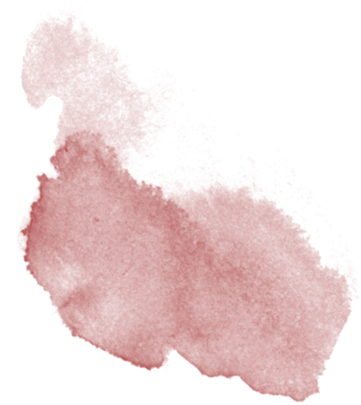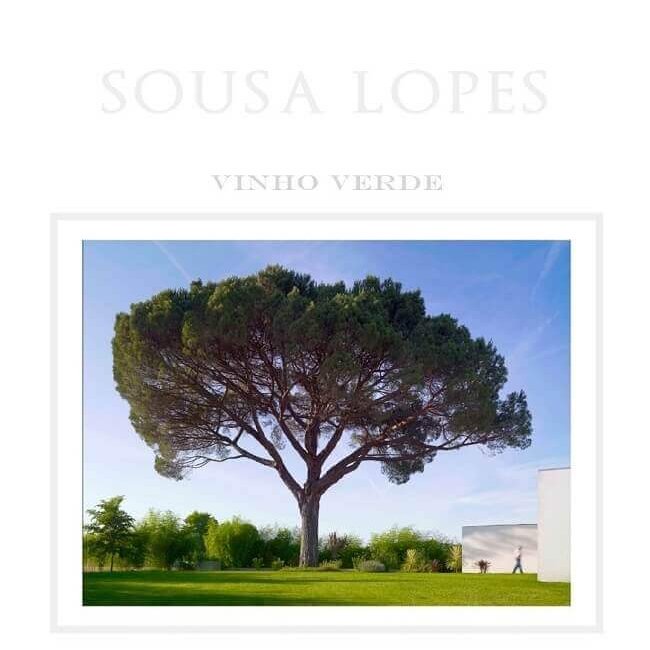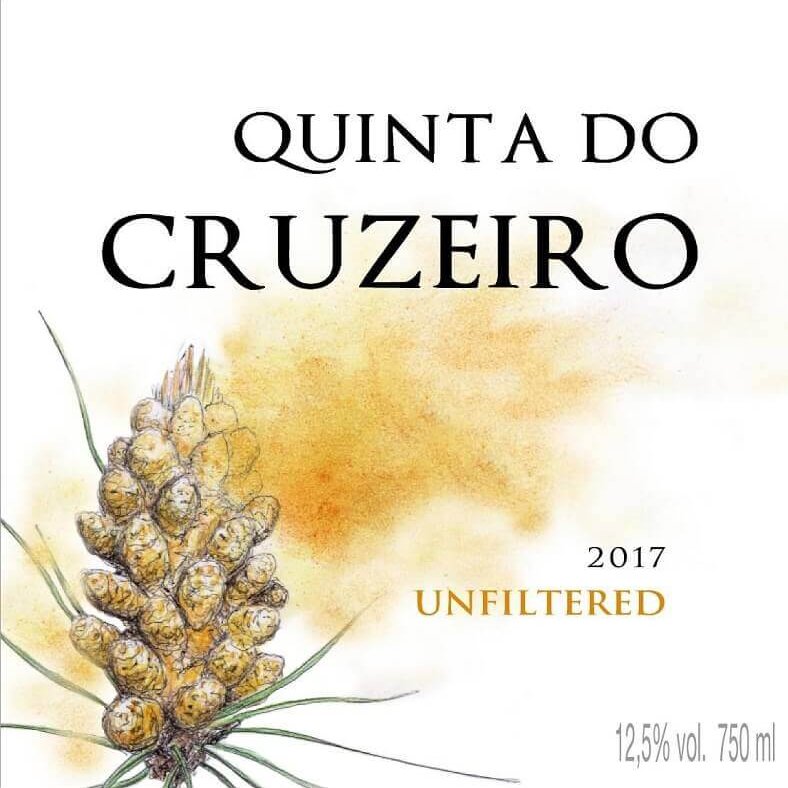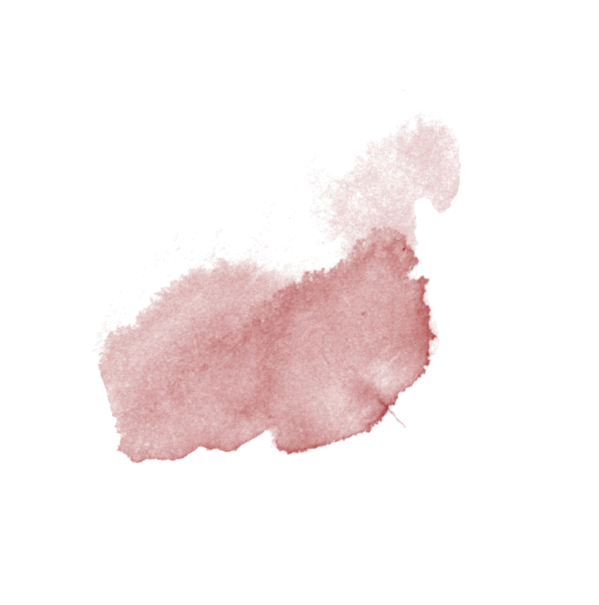Sousa Lopes

Gonçalo Sousa Lopes likes to say that there are two Vinho Verdes; the ones most people are familiar with, sweet wines that have CO2 pumped in, and then there is real Vinho Verde. The wines of Sousa Lopes are firmly in the second category. These wines are true terroir expressions, with limited yields from old vines, and vinified with no addition of CO2 or sugars.
Gonçalo’s family estate was founded by his great-great grandfather in the 1920s, originally consisting of the Quinta do Cruzero (9 ha), and Quinta da Senra (7 ha) vineyards. In 1977, Gonçalo’s grandfather purchased the Casa da Torre — with its 5 ha and winery — and the estate as it stands today was completed. The 35-40 year old vines of the indigenous varieties arinto, alvarinho, and loureiro are planted to granitic, schist soils. The vineyard management is as natural as possible in this rainier part of the country, and biodiversity is allowed to flourish amongst the vines.
The winemaking at the estate is traditional, but with modern updates that only improve the quality of the wines. Fermentations, with yeasts selected from their vineyards, are in stainless steel tanks. The original Casa da Torre winery still stands, although some additions have been made to allow for growth. But the winery’s most beneficial qualities remain; it is half-buried into the site, with the southern exposure protected from high temperatures. The western side is also sheltered, and to the north there is a large wall of granite.
The Wines

Vinho Verde
2020 – 90 Pts Wine Advocate – April 2022




